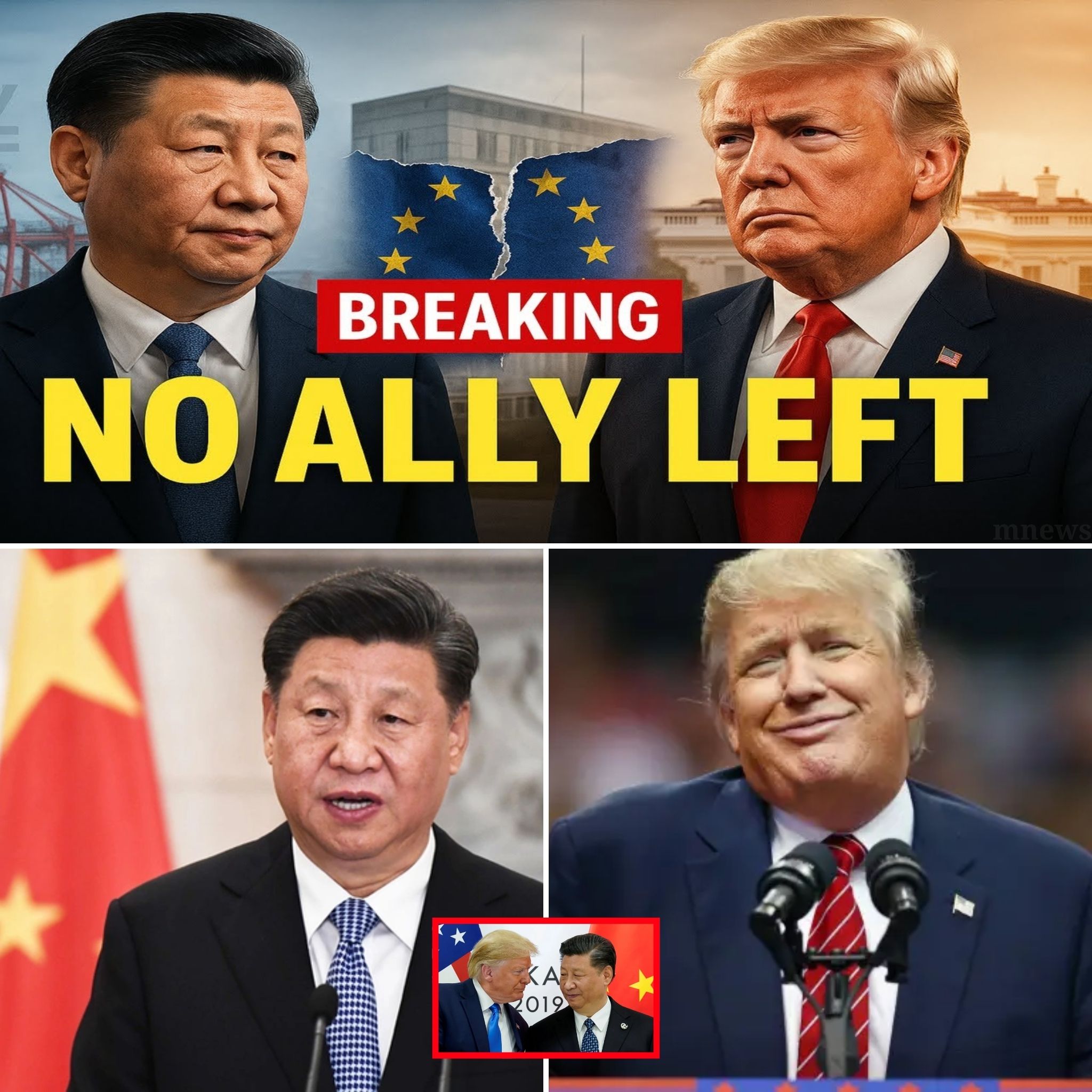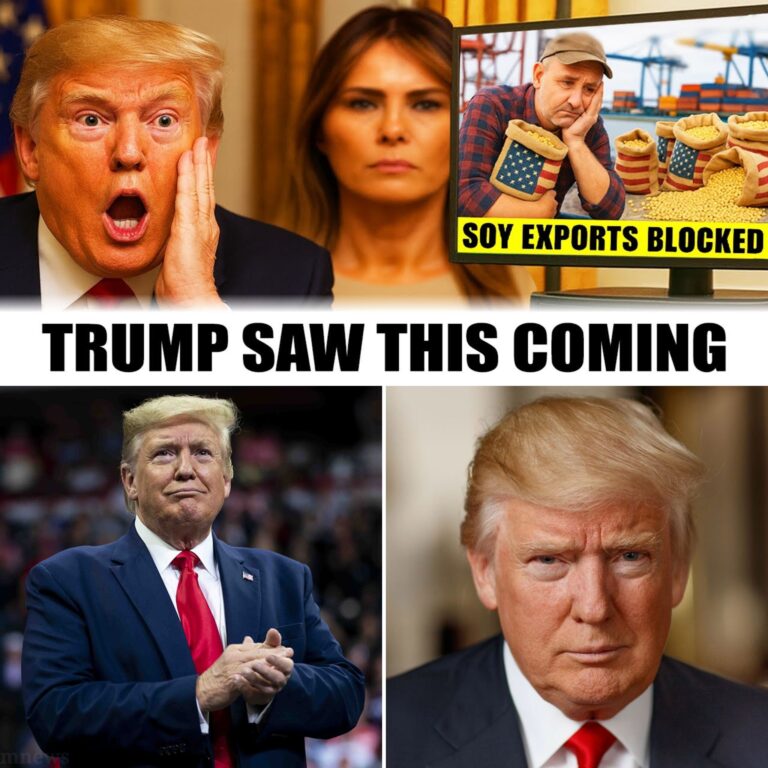In a dramatic escalation of global trade tensions, the United States has ordered 27 nations to impose sweeping 100% tariffs on all Chinese imports, a move that threatens to ignite a worldwide economic firestorm. This unprecedented directive, framed as a necessary response to China’s financial support for Russia amid its ongoing war, has quickly unraveled as key European allies express profound skepticism and concern over the potential fallout.

Germany, France, and Eastern European nations have raised alarms about the catastrophic impact on their economies. Germany warns that up to half a million jobs could be at risk, as its exports to China reached a staggering 97 billion euros in 2024. French luxury brands, which saw a 14% growth in exports to China, fear that a sudden tariff would obliterate their market momentum. Eastern European countries, heavily reliant on Chinese supply chains, caution that their assembly lines could come to a screeching halt.
As Washington’s ambitious plan falters, China has vowed to retaliate, threatening to cut off vital rare earth minerals that are crucial for American technology and defense industries. This tit-for-tat escalation underscores the precariousness of the global economic landscape, with the potential for significant disruptions to supply chains already evident.
The rationale behind the U.S. tariffs ties back to allegations that China’s substantial purchases of Russian oil and gas are indirectly funding Moscow’s military efforts. However, this reasoning has been met with skepticism from allies, who point out that existing contracts for oil shipments cannot be undone overnight by tariffs. The complexity of global trade relationships has left many European nations questioning the wisdom of aligning with such a sweeping and aggressive U.S. policy.
The situation is further complicated by internal U.S. dynamics. Current tariffs on Chinese imports average 55%, with the possibility of escalating to 145% if negotiations fail. This precarious approach has sent shockwaves through the markets, with semiconductor shares plummeting and agricultural exporters bracing for Chinese retaliation. The International Monetary Fund has already downgraded U.S. growth forecasts, highlighting the fragility of the American economy as it grapples with the consequences of its own trade policies.
As the clock ticks, the proposed coalition of 27 nations to enforce these tariffs appears to be disintegrating. Countries like Hungary and Slovakia, which rely heavily on Chinese supply chains, are hesitant to support such measures, while Italy weighs the financial implications of lost tourism revenue from Chinese visitors. The European Commission has signaled a more cautious approach, emphasizing the need for strategic autonomy and cooperation rather than blind adherence to U.S. demands.
In the end, the grand vision of a united front against China is crumbling, leaving a void filled with uncertainty. The echoes of a once-promising coalition resonate in empty conference rooms, raising a critical question: if the United States cannot rally its allies for economic warfare, and if China can withstand coercive measures, what does this mean for the future of global trade? The world watches, bracing for the aftermath of a potential economic collapse that could reshape the balance of power.





